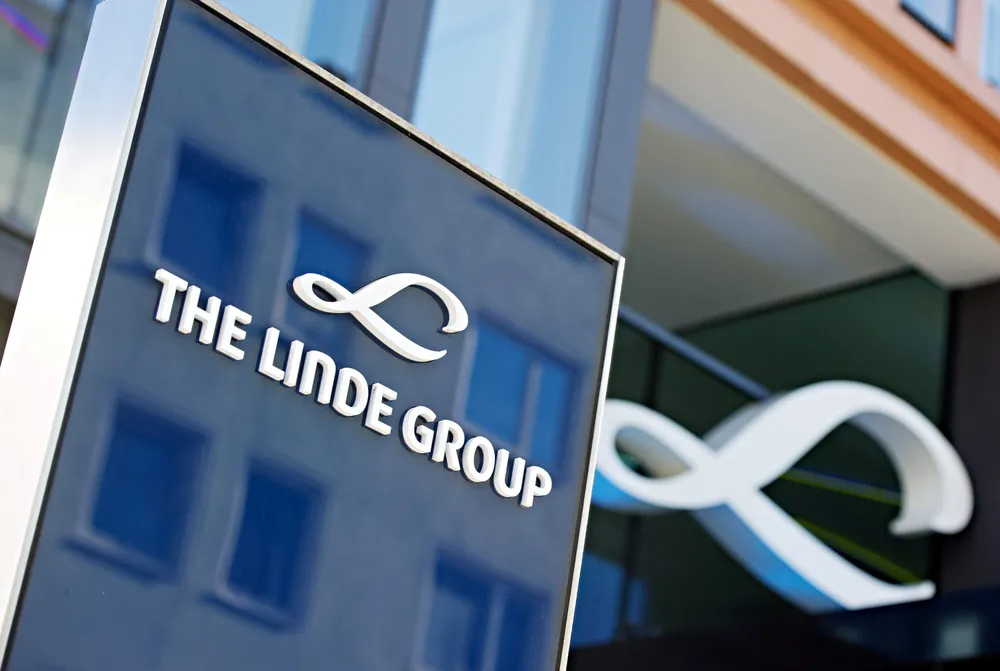Court freezes Linde’s Russian assets in Baltic LNG spat
Flight of western contractors from Russian LNG projects tests the ability of Russian operators to arrange alternative solutions

Flight of western contractors from Russian LNG projects tests the ability of Russian operators to arrange alternative solutions
